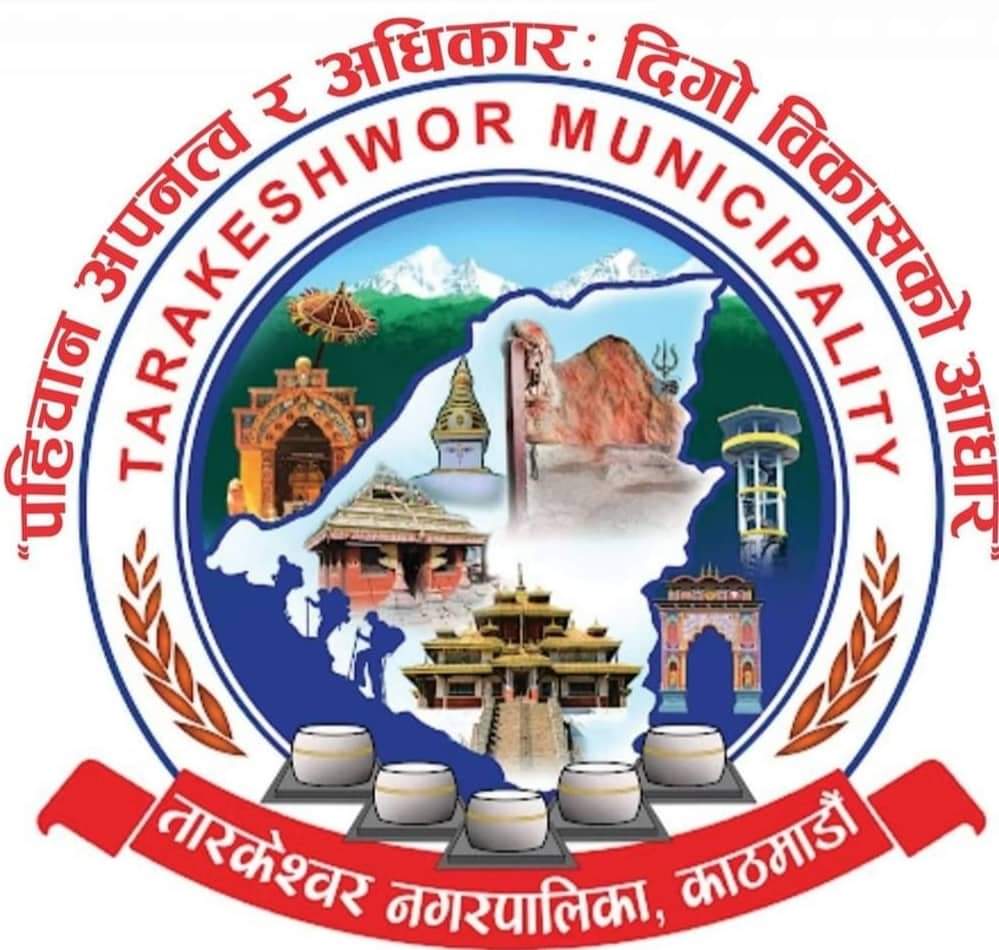Nepal cannot achieve true development unless it includes all citizens—especially women with disabilities, who have long been pushed to the margins of society. These women often face the intersection of multiple layers of discrimination due to gender, disability, caste, ethnicity, and poverty. Despite constitutional guarantees, they remain underrepresented in education, employment, and leadership.
Inclusion is not just about physical access; it is about dismantling societal norms that view disabled women as incapable or dependent. This narrative must change. Inclusion begins with recognition—that women with disabilities have talents, dreams, and the right to be active participants in all aspects of life.
Progress is happening, but slowly. Some municipalities are beginning to allocate funds for disability inclusion. Awareness campaigns are helping to shift public attitudes. And women with disabilities themselves are organizing, leading advocacy campaigns, and taking part in governance.
Still, more must be done. We need inclusive economic policies that support entrepreneurship, education systems that accommodate all learners, and media that represents disability without pity. Men and the wider community must also be part of this change—it’s not the burden of disabled women alone to fix an exclusionary society.
The future should not be built for women with disabilities; it must be built with them. From community development plans to national policy frameworks, their voices must be present. Only then can we build a Nepal where no one is left behind.
